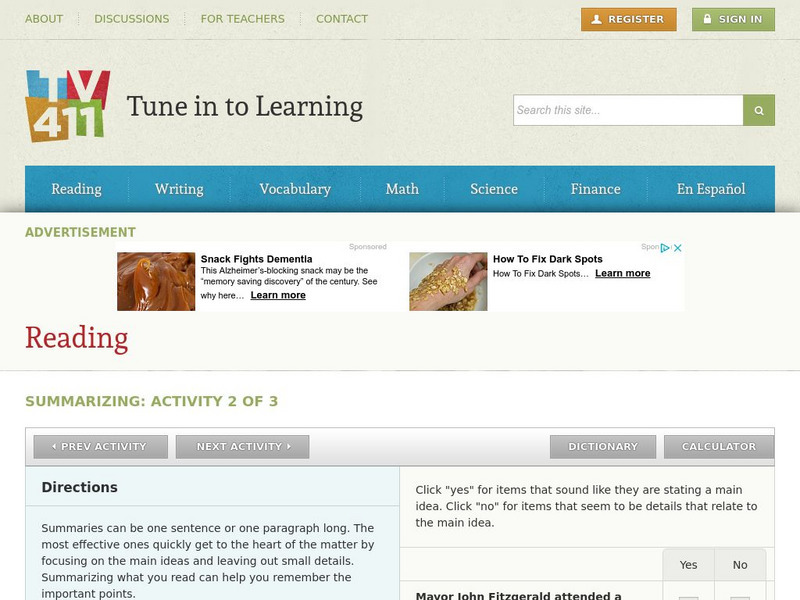National Archives (UK)
The National Archives: Focus on Film
Should students believe everything they see on tv? The National Archives provides this resource for students to examine cinemas as an accurate source of history. Links to archived videos and activities are provided. RI.11-12.7 Eval...
ReadWriteThink
Read Write Think: Visualizing Using the Sketch to Stretch Strategy
Contains plans for three lessons to improve reading comprehension using a visualizing strategy called sketch-to-stretch. In addition to objectives and standards, this instructional plan contains links to sites used in the lessons as well...
Scholastic
Scholastic: Writing With Scientists
After students investigate a topic through research, hypothesizing, observing, and experimentating, teachers can use this lesson to help their students prepare short science reports and publish them online. The Writing with Scientists...
TeachEngineering
Teach Engineering: Pingus Penguins: Writing Good Instructions
Students use the free computer game Pingus to learn how engineers, specifically environmental engineers, use their technical writing skills to give instructions and follow the instructions of others. Students learn to write instructions...
Reading Rockets
Reading Rockets: Helping Struggling Readers
This resource provides information about how to improve reading instruction, especially for those students who need remediation.
Education Development Center
Tv411: Reading: Parts of a Newspaper: Activity 2 of 3
This newspaper activity requires students to read eight headlines and then select what each would be about from the options given. When answers are submitted, an explanation is also given.
Other
Academia.edu: Teaching Media Savvy Students About the Popular Media
In order to teach critical viewing skills, it is essential that educators understand what their students already know and understand about popular media. CCSS.ELA-Literacy.CCRA.SL.2
Education Development Center
Tv411: Reading: Parts of a Newspaper: Activity 3 of 3
This newspaper activity is to look at the pictures provided, read what the stories are about, and select captions that would fit both the stories and the pictures.
Media Smarts
Media Smarts:teaching Tv: Critically Evaluating Tv Lesson
MediaSmarts provides digital and media literacy lessons for students. In this lesson, students will learn to watch and listen to a television with a critical lense
National Science Teachers Association
Nsta: Science & Engineering Practices: Obtaining, Evaluating, Communication
This site from NSTA includes a progression of the Science and Engineering Practice for obtaining, evaluating, and communicating information. In addition, thereare performance expectations that make use science and engineering practices.
Other
Coalition for Quality Children's Media: Kids First!: Healthy Media Lifestyle
Be a part of teaching students to think critically about what they view. Links to KIDS FIRST! endorsements, films, and upcoming media attractions. Be a part of the KIDS FIRST! and help nurture a healthy media lifestyle for young people...
Other
Nsw Department of Education and Training: Picture This [Pdf]
Reading unit plan focusing on picture books. It contains ten days worth of teaching suggestions that use a variety of reading strategies including modeled as well as independent reading and writing. Also includes five printable...
Reading Rockets
Reading Rockets: Building Background Knowledge
The importance of background knowledge is especially salient in the age of Common Core. This article offers practical classroom strategies to build background knowledge such as using contrasts and comparisons and encouraging...
Curated OER
Mc Graw Hill: Part 2 Reading: Informational Text: Summarize
Learn how to summarize a text based on the main idea and supporting details you found.
Polk Brothers Foundation Center for Urban Education at DePaul University
De Paul University: Center for Urban Education: Classify and Summarize Information [Pdf]
This learning module contains a link to graphic organizers that will help students categorize content and comprehend short and extended texts. The graphic organizers are designed to be applied to reading nonfiction passages in science...
Polk Brothers Foundation Center for Urban Education at DePaul University
De Paul University: Center for Urban Education: Nonfiction Reading Strategy Assessment [Pdf]
This inventory provides questions to determine the habits that students use when reading nonfiction pieces. This inventory may be used at the beginning of the year or prior to beginning a unit that involves the reading of nonfiction texts.
Polk Brothers Foundation Center for Urban Education at DePaul University
Depaul University: Center for Urban Education: I Can Compare and Contrast [Pdf]
This resource is a poster that includes cues that will help students compare and contrast information. These questions can be applied to fiction and nonfiction passages.
Polk Brothers Foundation Center for Urban Education at DePaul University
De Paul University: Center for Urban Education: I Can Locate and Classify Information [Pdf]
A blank T-Chart is provided for students to use as they sort facts into two categories. Students will classify science information with this aid.
Other
Cable News Network, Inc.: Learning Resources: Story Archives
Links to various new stories sorted alphabetically by title and by category. Each story is available in full story, abridged story, or story outline format.
ReadWriteThink
Read Write Think: K W L S Chart
A printable K-W-L-S sheet to help students activate prior knowledge, ask questions, record new learning, and then ask additional questions to extend inquiry beyond the text . Directions on how to use this type of graphic organize as well...
ReadWriteThink
Read Write Think: Technical Reading and Writing Using Board Games
Contains plans for a game that helps teach technical reading and writing while reviewing a novel that students have read. In addition to objectives and standards, this instructional plan contains links to sites used in the lessons as...
Education Development Center
Tv411: Summarizing Activity 2
This activity asks students to differentiate between main ideas and supporting details.
TES Global
Tes: Guided Reading Resources: Nonfiction
[Free Registration/Login Required] This learning module contains several guided reading resources. Students will be able to use the charts to guide themselves as they discuss informational texts and persuasive texts. Teachers can monitor...
TeachEngineering
Teach Engineering: Write On!
In this activity, students create a book, newspaper or other published work to communicate what they have learned about engineering and the environment.


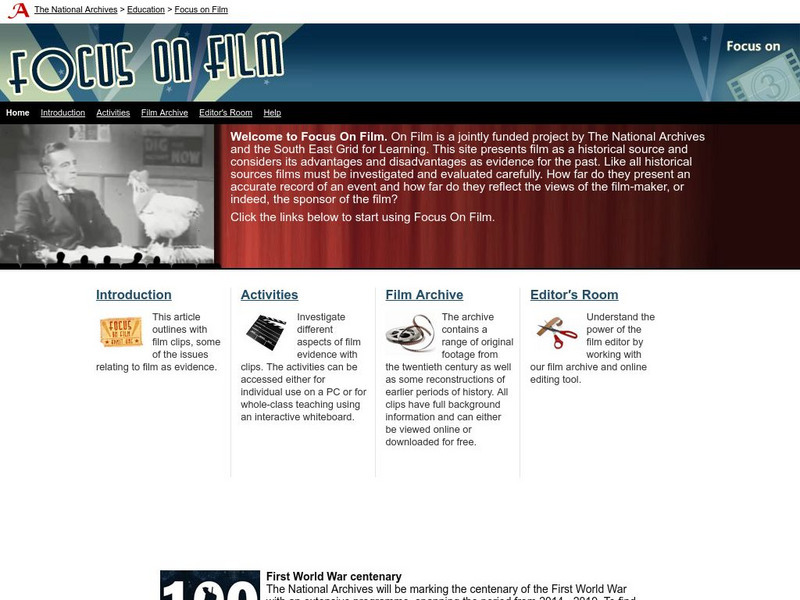

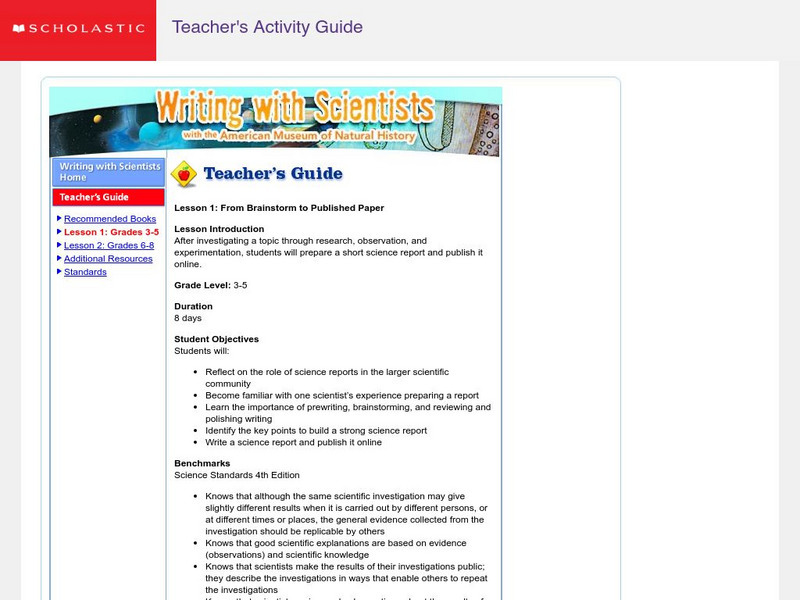

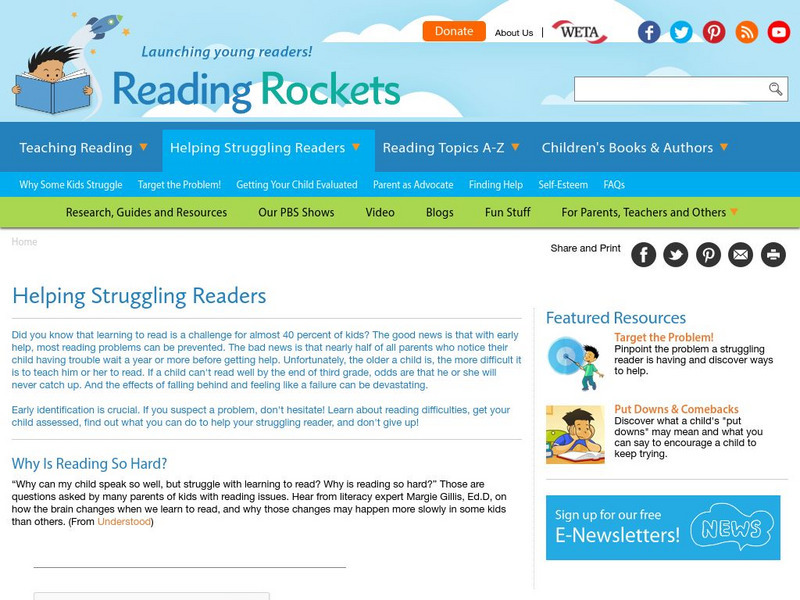
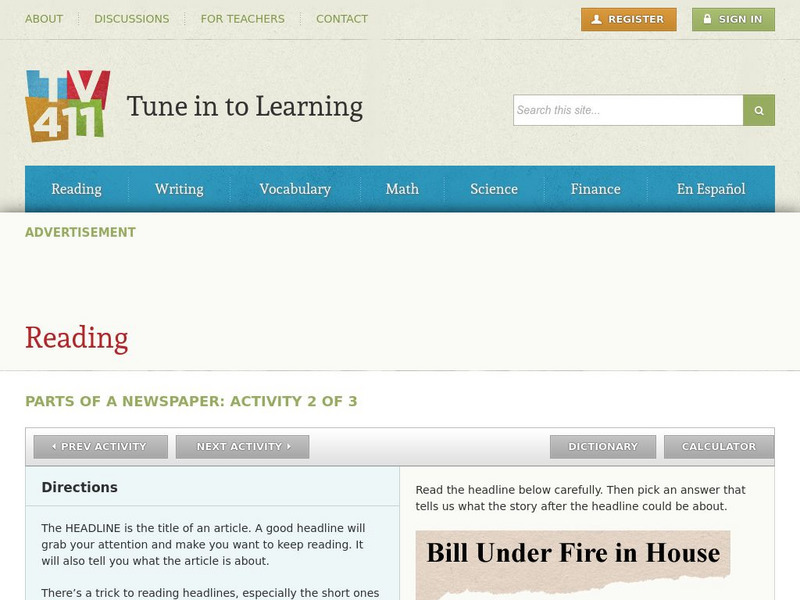

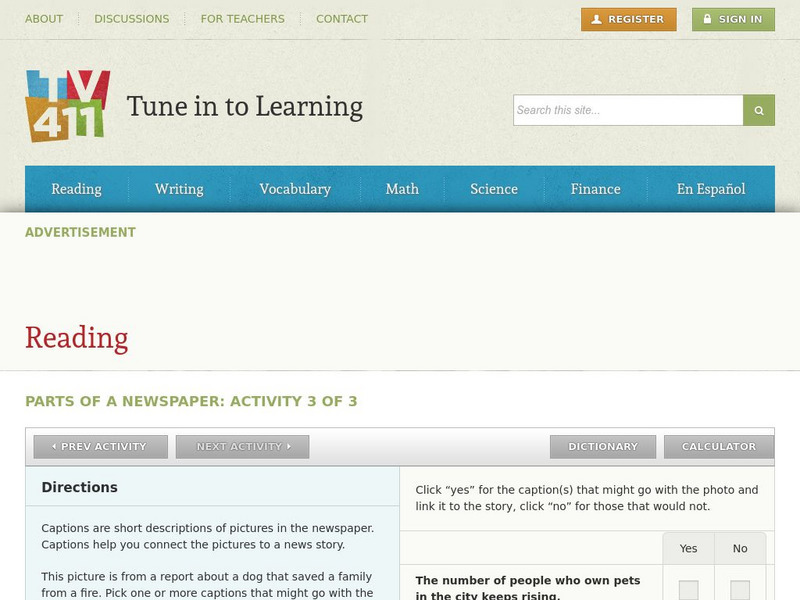
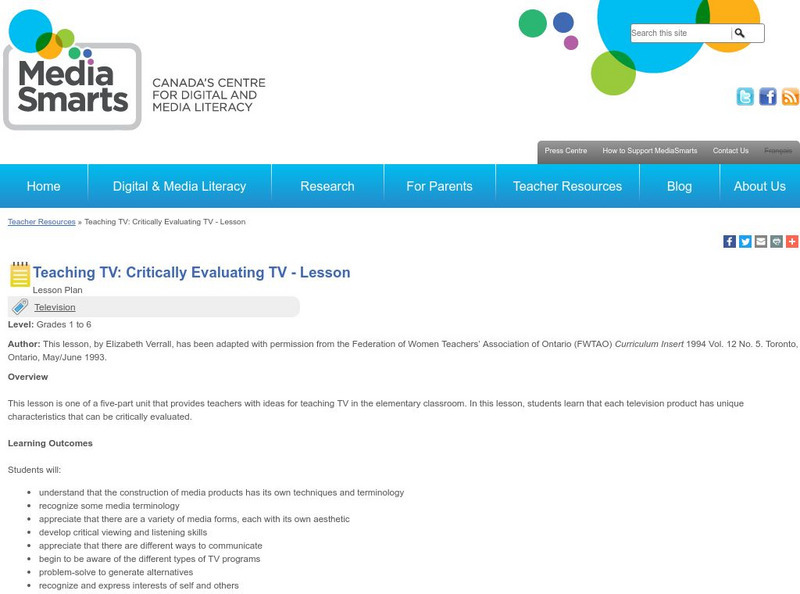


![De Paul University: Center for Urban Education: Classify and Summarize Information [Pdf] Unit Plan De Paul University: Center for Urban Education: Classify and Summarize Information [Pdf] Unit Plan](https://content.lessonplanet.com/knovation/original/78057-7ba90e0b8b82fde8e26d306a4af31f79.jpg?1661787062)



